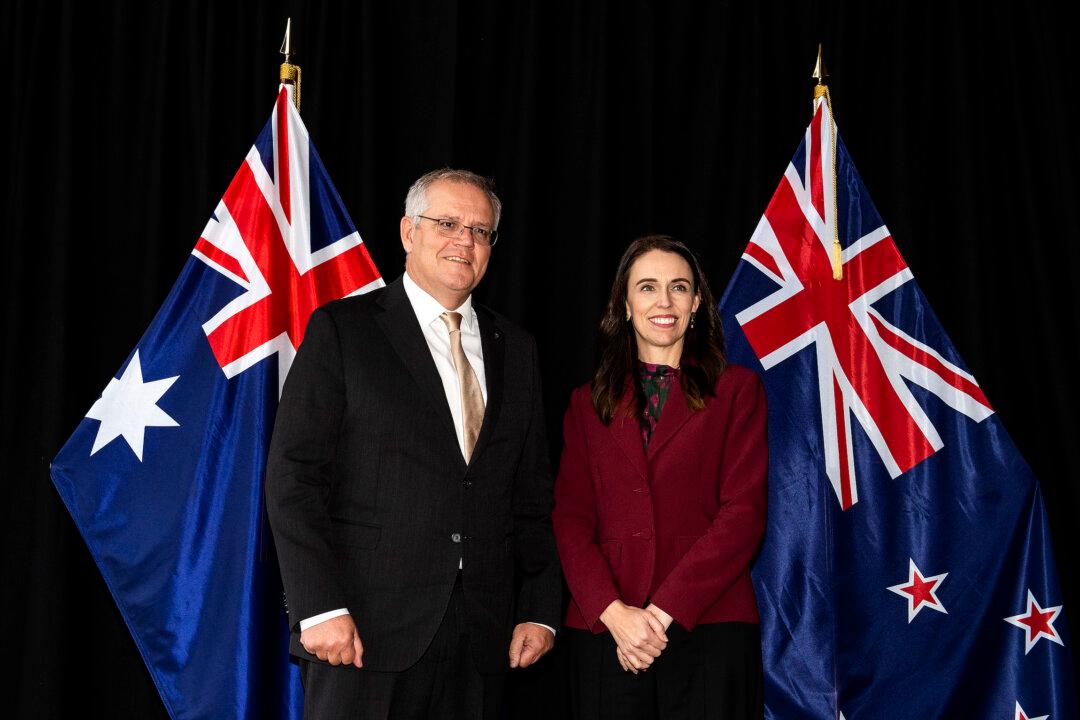Australia and New Zealand have agreed to resettle up to 150 refugees for three years from Australia’s offshore detention centre in Nauru, nine years after the offer was first made.
Australian Home Affairs Minister Karen Andrews and New Zealand Immigration Minister Kris Faafoi jointly announced the new arrangement for a total of 450 refugees, which will be implemented under New Zealand’s existing refugee quota program.





